As homeowners, we often encounter various plumbing issues in our day-to-day lives. While some problems may seem minor and easily dismissible, specific plumbing symptoms should never be ignored. These symptoms are warning signs, indicating underlying issues that require immediate attention.
This guide takes a close look at the crucial plumbing symptoms you need to be aware of and act upon. We’ll cover everything from water leaks and low water pressure to persistent drain clogs, burst pipes, and even gas plumbing symptoms. Learn about their signs, causes, potential dangers, and how to effectively deal with them.
Water Leaks: Recognising Signs And Taking Immediate Action
Water leaks are a frequent problem that can wreak havoc on your home if ignored. It’s vital to spot the signs of water leaks and promptly tackle them to prevent further harm and maintain your plumbing’s integrity. Keep an eye out for these key signs and know what steps to take if you suspect a leak:
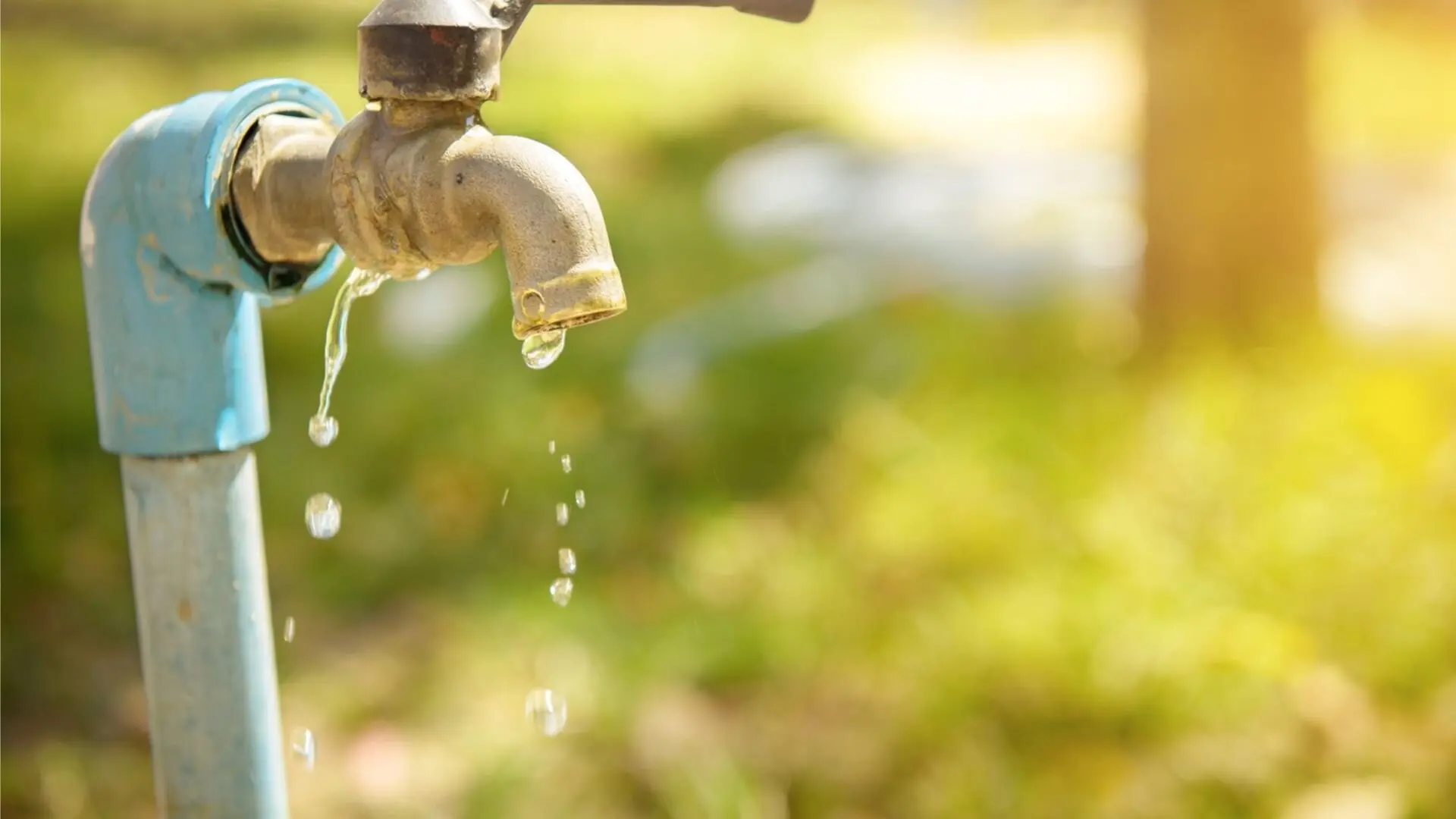
Unexplained Increase In Water Bill
A sudden and unexplained spike in your water bill could indicate a water leak. Compare your current bill with previous months to identify any unusual changes. Taking prompt action can help save water and avoid unnecessary expenses.
Visible Water Stains
Look for water stains on walls, ceilings, or floors. These stains may appear as discoloured patches or damp spots. Water stains indicate water leakage and should not be ignored. Identify the source of the leak to prevent further damage and address the issue.
Dripping Sounds Or Running Water
If you hear dripping sounds or running water when no taps or appliances are used, it could be a sign of a hidden water leak. Inspect your plumbing fixtures, pipes, and appliances for any visible signs of leakage. Don’t hesitate to seek professional help to locate and fix the leak.
Wet Or Damp Areas
Notice any wet areas around your property, especially near plumbing fixtures, pipes, or appliances. Moisture or water accumulation in these areas indicates a potential water leak. Investigate the source of the moisture and take appropriate action to repair the leak and prevent further damage.
Mould Or Mildew Growth
Excessive moisture from water leaks can promote the growth of mould and mildew. Check for mould or a musty odour, particularly in areas with poor ventilation or high humidity, such as bathrooms or basements. Mould growth not only indicates a water leak but also poses health risks. Address the leak and remediate the mould promptly.
Low Water Pressure: Causes and Troubleshooting Solutions
Low water pressure can be both frustrating and inconvenient, impacting your daily routines like showering or washing dishes. To address this issue promptly, understand its causes, troubleshooting methods, and the best solutions. Here’s a rundown of what you should know:
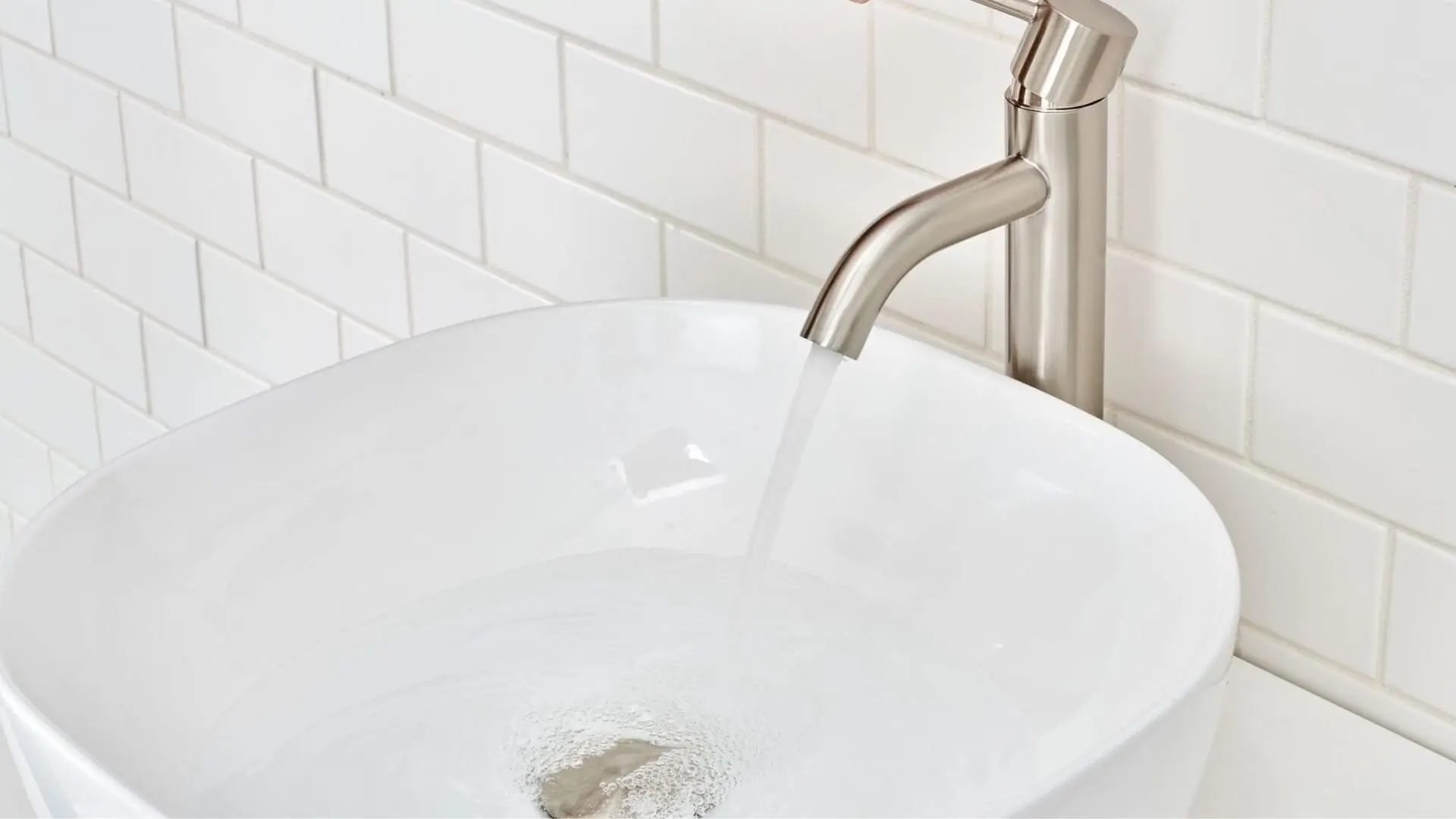
Causes of Low Water Pressure
Water Leaks
Undetected water leaks within your plumbing system can lead to a drop in water pressure. Check for any signs of leaks, such as damp areas or water stains, and address them accordingly.
Blocked Drains Or Pipes
A blocked drain or pipe can restrict water flow, resulting in low water pressure. These blockages can be caused by debris, mineral deposits, or even tree roots. Professional plumbers can effectively clear drain blockages or pipes to restore proper water pressure.
Issues With The Water Supply
Municipal water supply problems, such as maintenance work or pipe damage, can temporarily affect water pressure in your area. In such cases, contacting your local water provider can help determine if the issue is widespread or specific to your property.
Malfunctioning Pressure Regulator
A faulty pressure regulator can disrupt the water pressure balance in your plumbing system. This device is responsible for maintaining consistent water pressure. If it is not functioning correctly, it may need to be repaired or replaced by a professional plumber.
Partially Closed Valves
Ensure your plumbing system’s water supply valves are fully open. Sometimes, valves may be partially closed, reducing the water flow and causing low pressure. Check all the valves and ensure they are fully open to maximise water pressure.
Dealing with Persistent Drain Clogs: Causes and Remedial Measures
Persistent drain blockage can be a significant inconvenience and disrupt the smooth functioning of your plumbing system. Understanding the causes behind these clogs and implementing appropriate remedial measures to restore proper drainage is essential. Here, we will explore the common causes of persistent drain clogs and practical solutions to tackle them:
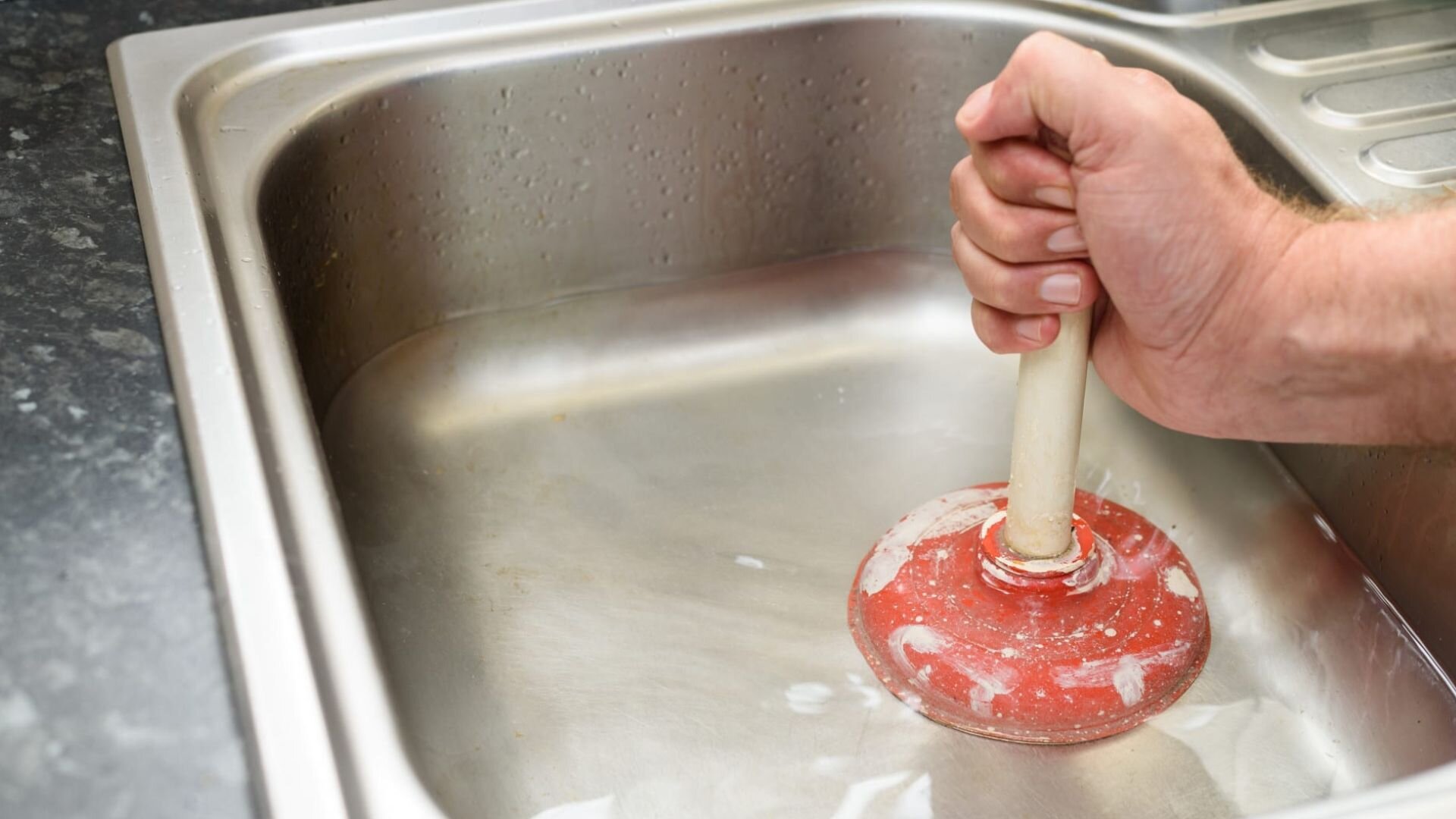
Causes of Persistent Drain Clogs
Blockages from Debris
One of the most common causes of persistent drain clogs is the accumulation of debris such as hair, soap residue, food particles, or grease. Over time, these substances can build up and restrict water flow, leading to blocked drains.
Tree Root Intrusion
Treeroots can infiltrate the pipes in outdoor drainage systems, causing blockages. Roots seek moisture and nutrients, and if they find their way into the pipes, they can create stubborn clogs that require professional intervention.
Mineral Build-up
Hard water contains high mineral content, which can result in mineral build-up inside the pipes over time. This build-up narrows the pipe diameter and reduces water flow, eventually leading to persistent clogs.
Structural Issues
Aging pipes, pipe misalignment, or bellied pipes (sagging in the middle) can create areas where debris collects and causes frequent clogs. These structural issues may require professional inspection and repair to eliminate persistent drain clogs.
Remedial Measures for Persistent Drain Clogs
Several methods can be used to clear a clogged drain. One option is to use a plunger. Creating a tight seal around the drain opening and plunging vigorously up and down allows you to generate pressure and suction that helps dislodge minor clogs and clear the blockage.
Another option is to use chemical drain cleaners, although caution should be exercised with these products. While they can dissolve organic matter and debris, leading to clogs, they often contain harsh chemicals that can harm pipes and the environment. It is essential to carefully follow the instructions and consider using eco-friendly alternatives whenever possible.
Flush down hot water can break down grease and clear minor clogs. Boil some water, pour it down the drain a bit at a time, and let it do its thing for a few minutes before trying again. This trick can often clear out clogs and get things flowing smoothly.
Various DIY methods can be employed to dislodge persistent clogs. For instance, a bent wire hanger can fish debris from the drain. A mixture of baking soda and vinegar, followed by a hot water flush, can help break down and clear clogs. If the clog is more stubborn, using a drain snake to remove it physically may be necessary.
If the clog persists despite DIY efforts, it is advisable to seek the assistance of professional plumbers who specialise in blocked drains. These experts have the necessary tools and expertise to efficiently identify and remove stubborn clogs without damaging existing pipework.
Regular preventive maintenance is vital to minimise the occurrence of persistent drain clogs. This includes using drain covers to catch debris and prevent it from entering, avoiding pouring grease or oil, and periodically flushing drains with hot water or natural enzyme-based drain cleaners. Implementing these preventive measures can help keep your drains clear and prevent major clogs from forming.
Burst Pipes: Causes and Emergency Repairs
Burst pipes can lead to significant water damage and potentially harm your property. Understanding the causes, recognising the potential risks, and knowing how to handle emergency repairs are crucial for minimising the impact. In this section, we will explore the causes of burst pipes, the potential dangers they present, and the necessary steps for emergency repairs:
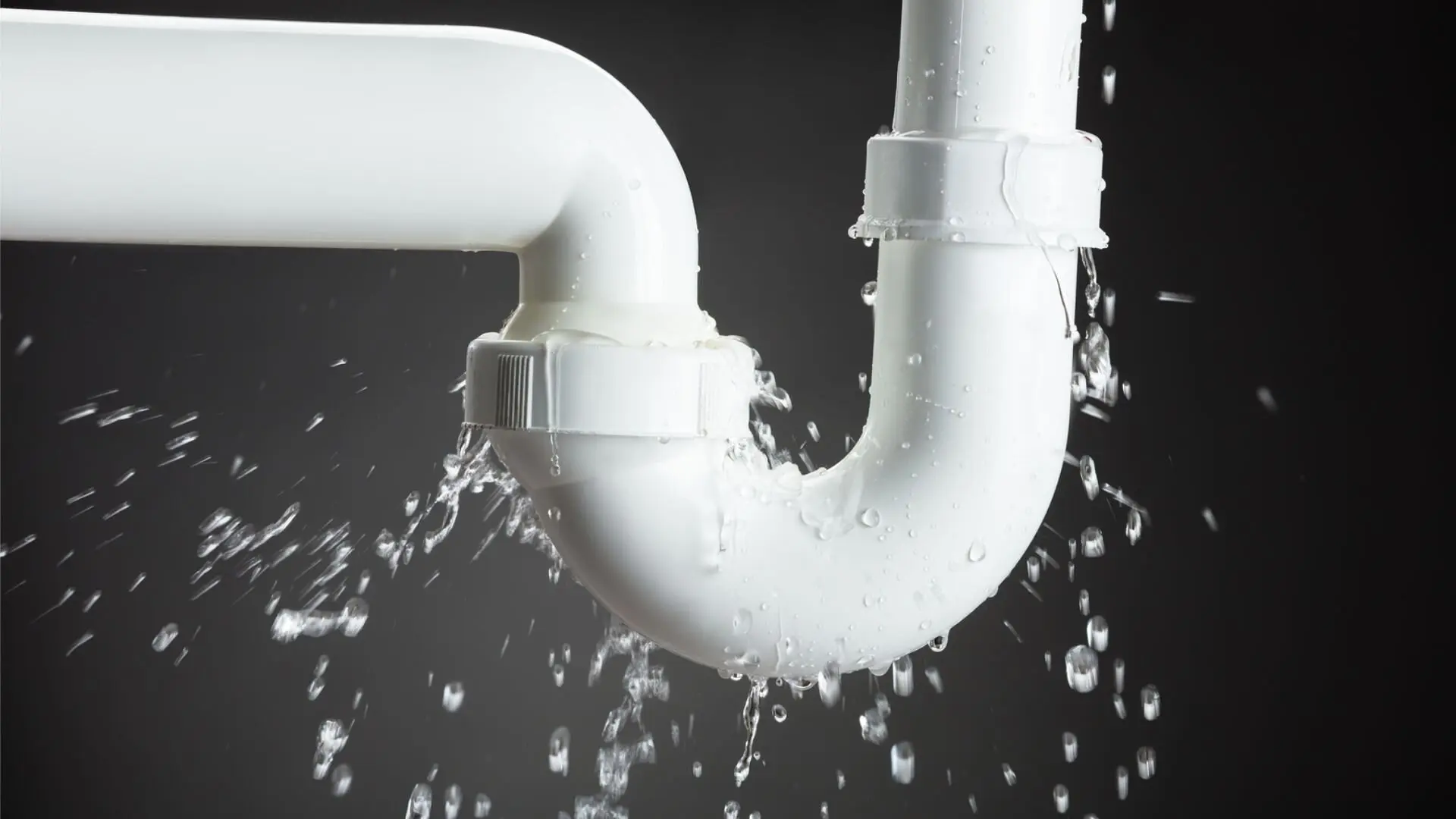
Causes of Burst Pipes
Freezing Temperatures
Exposure to freezing temperatures can cause the water inside the pipes to freeze and expand, leading to pipe bursts. This is particularly common in regions with cold climates.
Corrosion
Over time, pipes can corrode due to age, water quality, or chemical reactions. Corrosion weakens the pipe walls, making them more susceptible to bursting.
Excessive Water Pressure
High water pressure can strain the pipes, causing them to weaken and eventually burst. Poorly regulated water pressure or pressure spikes can contribute to this issue.
Physical Damage
Accidental damage from construction work, home renovations, or external factors like tree roots can cause pipes to rupture.
Age and Wear
Aging pipes deteriorate over time, becoming more prone to leaks and bursts. If your plumbing system is outdated or consists of older pipes, the risk of burst pipes increases.
Emergency Repairs for Burst Pipes
When a pipe bursts, acting fast is key to reducing damage. First, shut off your main water supply promptly by finding the main shut-off valve. This way, you halt the water flow and sidestep more damage.
Next, it’s crucial to ease any leftover pressure in the damaged pipe by opening all connected faucets.
While managing the burst pipe, it’s essential to contain the water and prevent it from spreading further. Use buckets, towels, or mops to collect and remove accumulated standing water.
Once immediate steps are taken to control the situation, it’s time to seek professional help. Contact a licensed plumber who specialises in emergency repairs for burst pipes. A qualified plumber will assess the situation, determine the necessary repairs or replacements for the damaged pipe, and ensure that the plumbing and drainage system is restored to proper working order.
Document the damage caused by the burst pipe to aid in the insurance claims process. Take photographs or videos of the affected area, including the burst pipe and any damage to the surrounding structures. This documentation will serve as evidence for insurance purposes, supporting your claim and potentially expediting the resolution of the matter.
Gas Plumbing Symptoms: Safety Risks and the Need for Professional Intervention
Gas hot water systems are a staple in many Aussie homes, offering gas heating, hot water, and even cooking abilities like boiling water. It’s crucial, though, to recognize possible symptoms and safety risks. Let’s dive into typical symptoms and why calling in the pros is sometimes necessary:
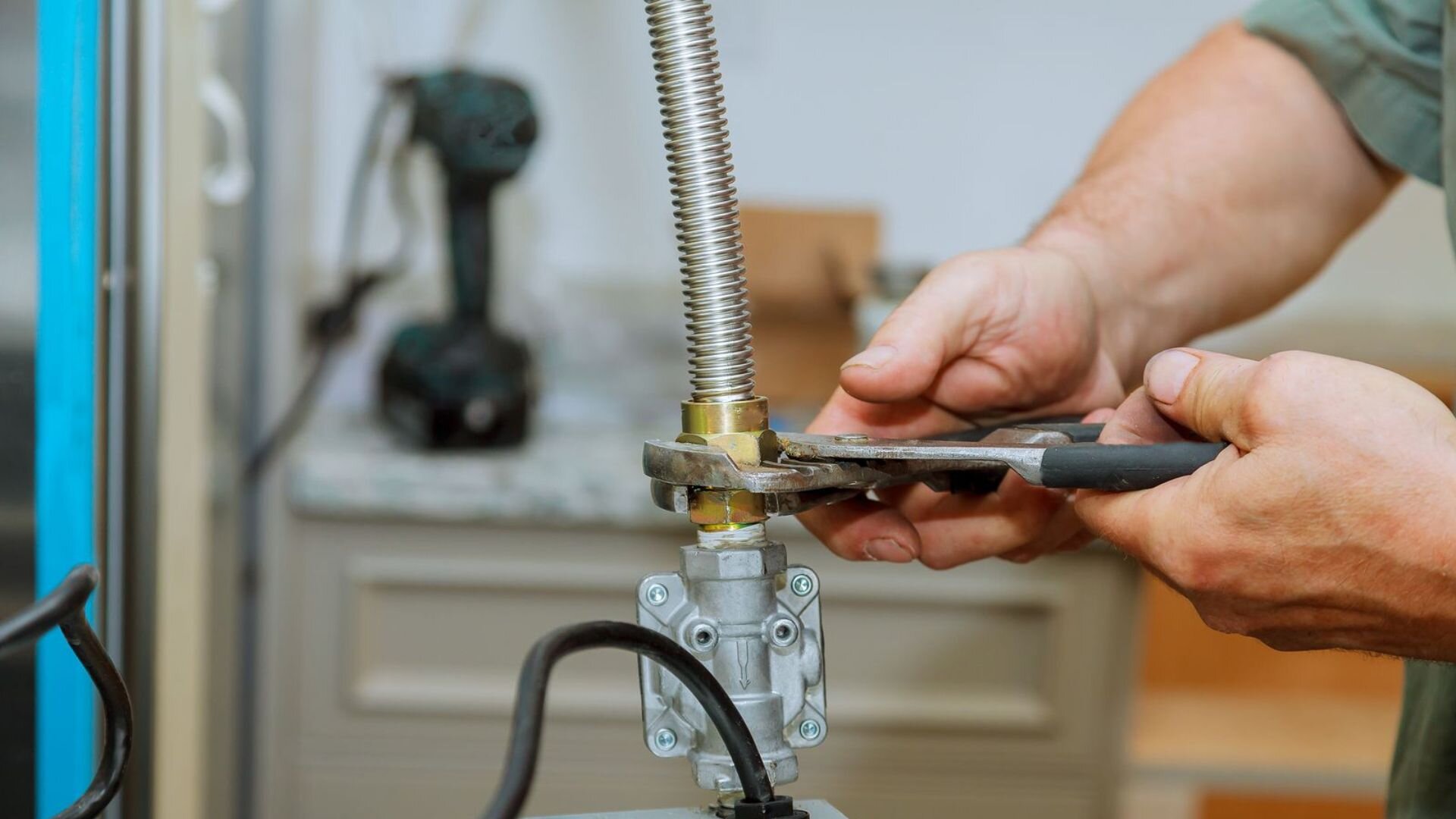
Recognising Gas Plumbing Symptoms
Gas Leaks
A rotten egg odour, hissing sounds near gas lines, or dying vegetation around gas pipes can indicate a gas leak. Other signs include feeling lightheaded, experiencing unexplained headaches, or dizziness when near gas appliances.
High Gas Bills
If your gas bills have significantly increased without any apparent change in usage patterns, it could be a sign of a gas leak or inefficiency in the gas plumbing system.
Unusual Flames
Observe the flames when using gas appliances such as stoves or water heaters. If the flames are yellow or orange instead of blue, it could indicate incomplete combustion due to a faulty gas plumbing system.
Carbon Monoxide Presence
A poorly maintained gas appliance, such as a gas cooktop or other cooking appliances, can cause carbon monoxide poisoning. Symptoms like persistent headaches, nausea, dizziness, or flu-like symptoms experienced by multiple household members without apparent cause may indicate a carbon monoxide leak, typically associated with gas appliances.
Flush Away Your Worries With Professional Plumbing & Gas Services
Generally, it’s essential not to ignore any symptoms that may arise regarding plumbing issues. Addressing plumbing problems promptly can save you from further damage, inconvenience, and costly repairs. Being vigilant and attentive to the warning signs can prevent minor issues from escalating into major headaches.
You can maintain a healthy plumbing system and prevent potential disasters by partnering with a reputable plumbing service like Fixed Today. Don’t wait until minor plumbing problems become major emergencies—act now and ensure the long-term well-being of your home’s plumbing infrastructure.
Count on Fixed Today for top-notch plumbing care and peace of mind. Give us a call today to explore our plumbing services across Newport, Mosman, and Manly.














